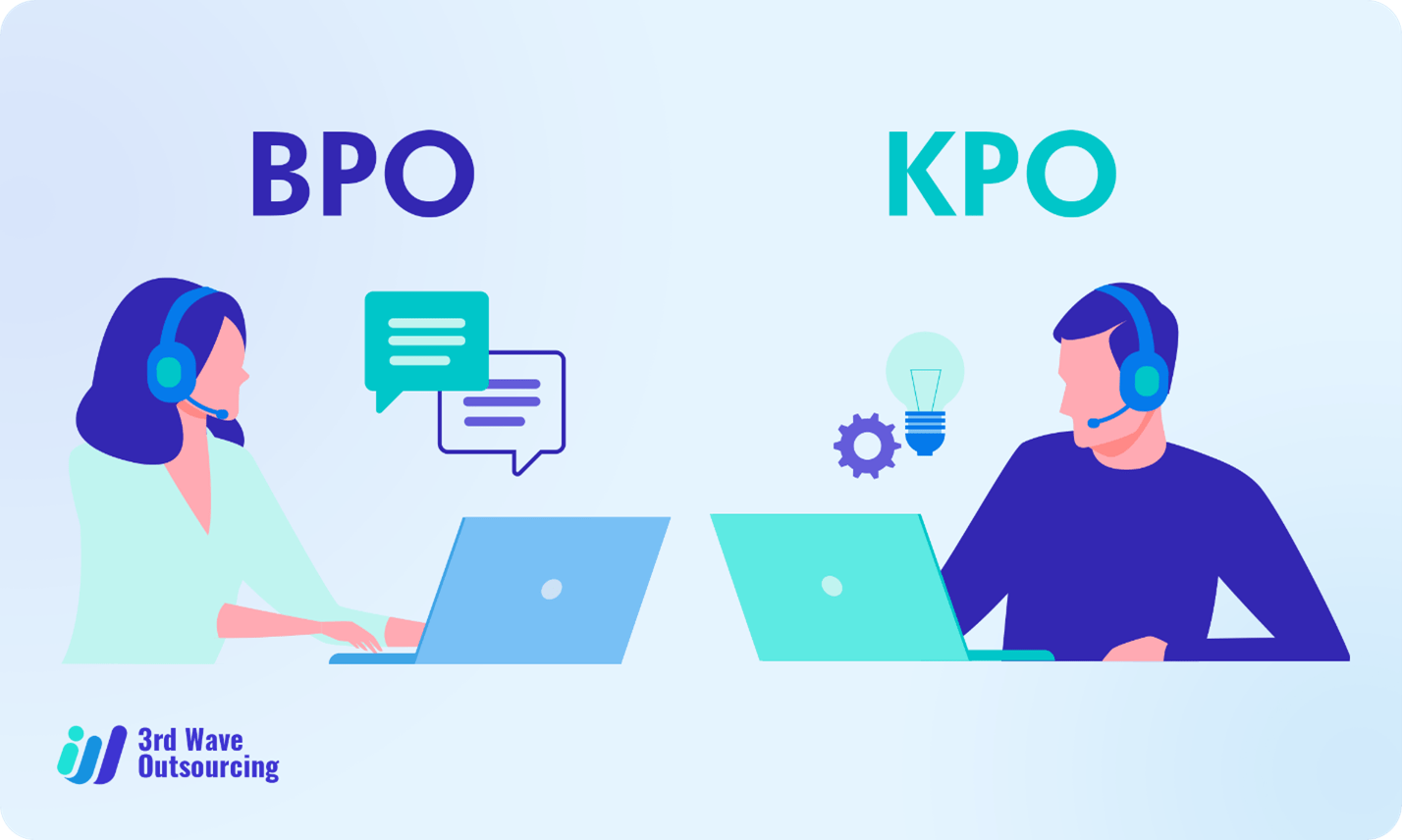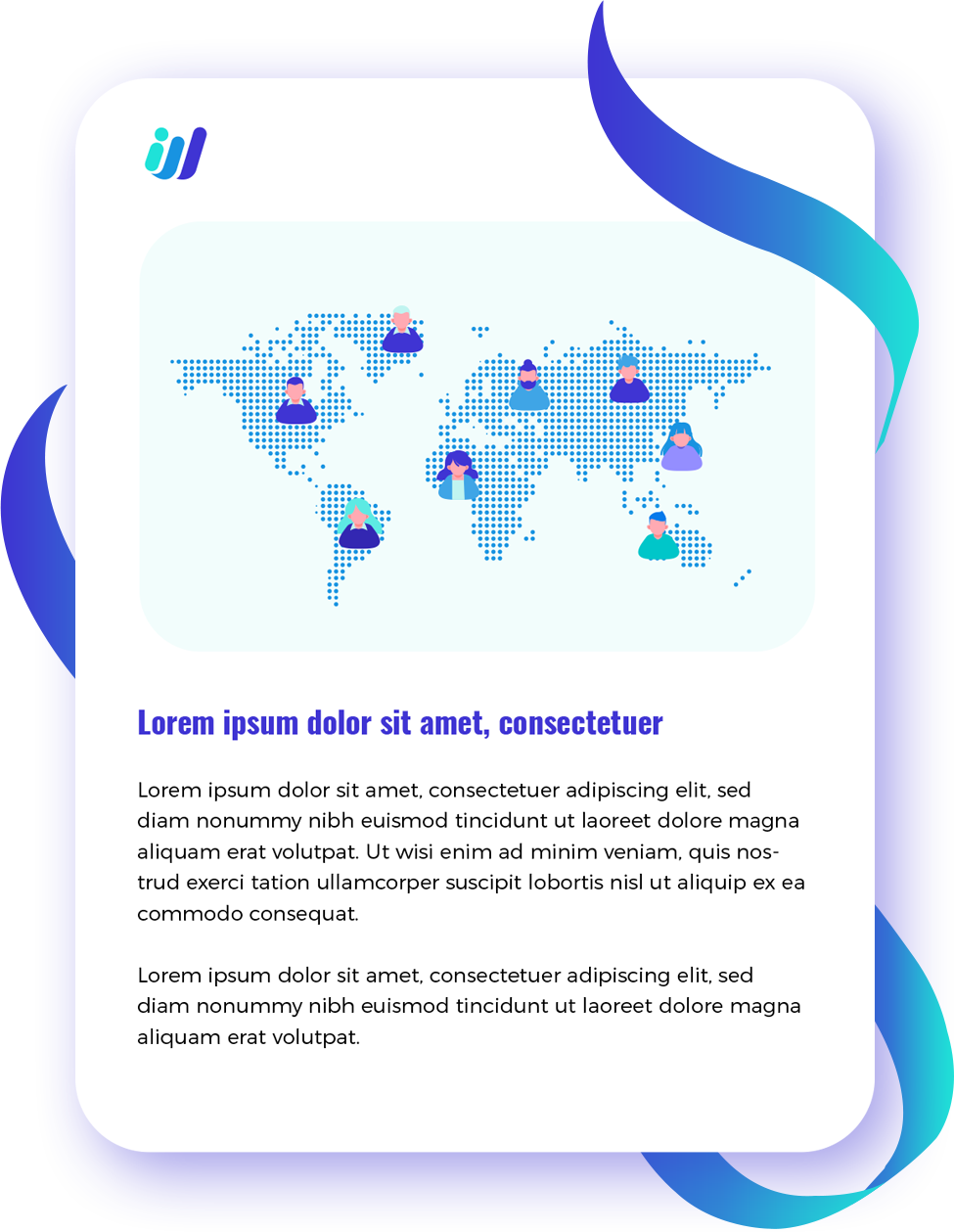When you hear the word outsourcing, you might immediately envision office buildings filled with call center staff. While that may have been how the industry initially grew, the landscape of business process outsourcing (BPO) has developed into a diverse industry.
Outsourcing has become a widely used business practice of employing a third party to perform tasks, handle operations or offer services for them. This is most commonly done offshore – meaning that the company hires a third-party provider from a different country.
Historically, major crises have led to outsourcing and offshoring especially in countries like the Philippines. The first wave happened after the Y2K problem in 2000, starting off the boom of offshore outsourcing. A second wave began in 2008-2009, after the great financial crisis. The Philippines, dubbed as the BPO Capital of the World since 2010, directly benefited from this while India’s IT industry grew more than 15% per year for 4 years, compared to previous years of single-digit growth. A continuous rise in outsourcing is seen today with the Philippines and emerging markets overtaking India’s progress in the past several years.
COVID-19 brought unprecedented challenges to the global community. However, it also fast-tracked the pace at which businesses were forced to migrate online and normalized work from home. These changes have created new opportunities for the outsourcing industry. As businesses are all shifting online, the third wave of outsourcing has begun.
What is Business Process Outsourcing?
Business Process Outsourcing (BPO) is the practice of contracting an external service provider to carry out an essential business task. This can be done for any supplementary business function such as accounting, customer support, telemarketing, data recording, and many more. BPO helps businesses stay focused on their core competency. This results in increased productivity and reduced costs.
The global BPO sector is worth over $300 billion. BPO vendors employ over 1 million people in the Philippines. In 2015, BPOs contributed $22 billion in revenue to the Philippines, making up 7.3% of the national economy. This rapidly growing industry shows no signs of slowing down. The BPO industry has skyrocketed along with the rise of social media use and migration to cloud storage. Before 2000, BPO was primarily composed of call centers. Now, with the growing dependence of businesses on cloud technologies, there is a demand for more professional and technical services.
Why do organizations use Business Process Outsourcing?
For a company to function, there are core and non-core business processes. Core business processes are directly related with the company’s value proposition. Non-core processes are the supporting tasks that help the organization function.
Outsourcing these non-core functions allows the company to focus on its core business practices. This results in better risk management, improved performance, and faster growth. Outsourcing also reduces the costs that would have been allocated to additional in-house labor, onboarding, and training.
Business process outsourcing also has benefits for the customers. Engaging a BPO provider increases the company’s ability to provide prompt, quality service to its customers. This in turn leads to improved customer satisfaction.
How do organizations use Business Process Outsourcing?
To get the most from outsourcing, the company first needs to identify the necessary processes that are outside its core competencies. Any process performed similarly across different companies is a good candidate for BPO.
BPO services can be broadly classified into two types: front office and back office. Front office services cover everything involving customer relation services, marketing, and sales. Commonly outsourced back-office functions include purchasing, payroll, information technology (IT), accounting, quality assurance, human resources (HR), and payment processing.
Next, companies need to find the right partner. BPO vendors can combine all these services to work together. It’s common for a company to outsource an entire department such as HR to a single partner. This makes it easier to work and communicate.
Outsourcing is about building and maintaining a relationship more than just service-level agreements. It is a partnership, not a purchasing project. Securing and maintaining a working relationship is essential for outsourcing efforts.
Some of the industries that utilize business process outsourcing include healthcare, pharmaceuticals, retail, telecom, utilities, asset management, banking, supply chain, and capacity solutions. As more companies recognize the benefits of business process outsourcing, new subsets have emerged.
What is Knowledge Process Outsourcing?
Knowledge process outsourcing (KPO) is an iteration of BPO involving the process of outsourcing relatively high-level tasks to another organization. Knowledge process outsourcing jobs are integrated with a company’s core competencies. The jobs are specialized and knowledge-based. They involve complex tasks that may require a degree or certification.
Outsourcing in this case may or may not have cost benefits to the company. Instead, the focus is to add value to the business. Some examples of KPO services include accounting, capital and insurance market services, web design, content creation, and many more. Subsets of knowledge process outsourcing include legal process outsourcing (LPO) and research process outsourcing (RPO). These support tech, business, investment, biotech, and marketing firms.
What are the differences between BPO and KPO?
As both BPO and KPO continue to grow, it’s useful to highlight the key differences between the two. Business process outsourcing provides general services such as front-office technical support or customer service, or back-office payroll, or payment processing. BPO jobs provide support for the company’s core competencies. The requirements are entry-level skills, good communication, and basic computer knowledge. BPO is right for companies that require a high volume of work at the most efficient cost.
Knowledge process outsourcing, on the other hand, provides in-depth expertise and analysis in areas such as legal and market research. KPO jobs are integrated with the company’s core competencies. The requirements include specialization in a specific area, usually including a degree or certification. KPO is right for companies that require specialized data and insights to add value to their business.
Some business analysts consider KPO a high-end form of BPO. Given the nature of work, the wages for KPO jobs are higher than those of BPO jobs. KPO has the potential to bring in twice as much money to the economy compared to BPO. Because of this, countries such as the Philippines are actively promoting the growth of this industry.
How does the Third Wave affect BPO and KPO?
COVID-19 has accelerated digital adoption and improved investments in collaboration technologies. This opens possibilities for IT outsourcing firms.
With work from anywhere being normalized, the third wave of outsourcing has arrived. This third wave, following the first two in 2000 and 2008, will have three key stages – a large-scale shift to the cloud, building applications in the cloud-native world, and collaboration between IT service vendors and customers to build new tech solutions.
Global surveys show that several top firms will have some of their employees work from home permanently. Goldman Sachs predicts this trend will continue from 2021 to 2023.
These drastic changes significantly benefit the BPO industry. An increasing number of technology roles from all over the world are being outsourced to countries like the Philippines and India. This would create jobs and help the economy. As the physical borders of countries dissolve and the world migrates online, it makes sense to participate in the BPO and KPO industry.
Companies now have access to global talent. In the third wave outsourcing, the focus is shifting from simply cost-cutting to finding the best, highly skilled technical talent anywhere in the world.
The Third Wave Outsourcing e-book dives deeper into this topic and provides a clear picture of where outsourcing is heading, how to navigate through it and benefit from strategic outsourcing. It will also provide you with practical tips on how your business can find the best talent, a trusted outsourcing partner, and cultivate a global, winning team.
Are you ready for the Third Wave? Our e-book is coming soon. ORDER THE E-BOOK NOW.



